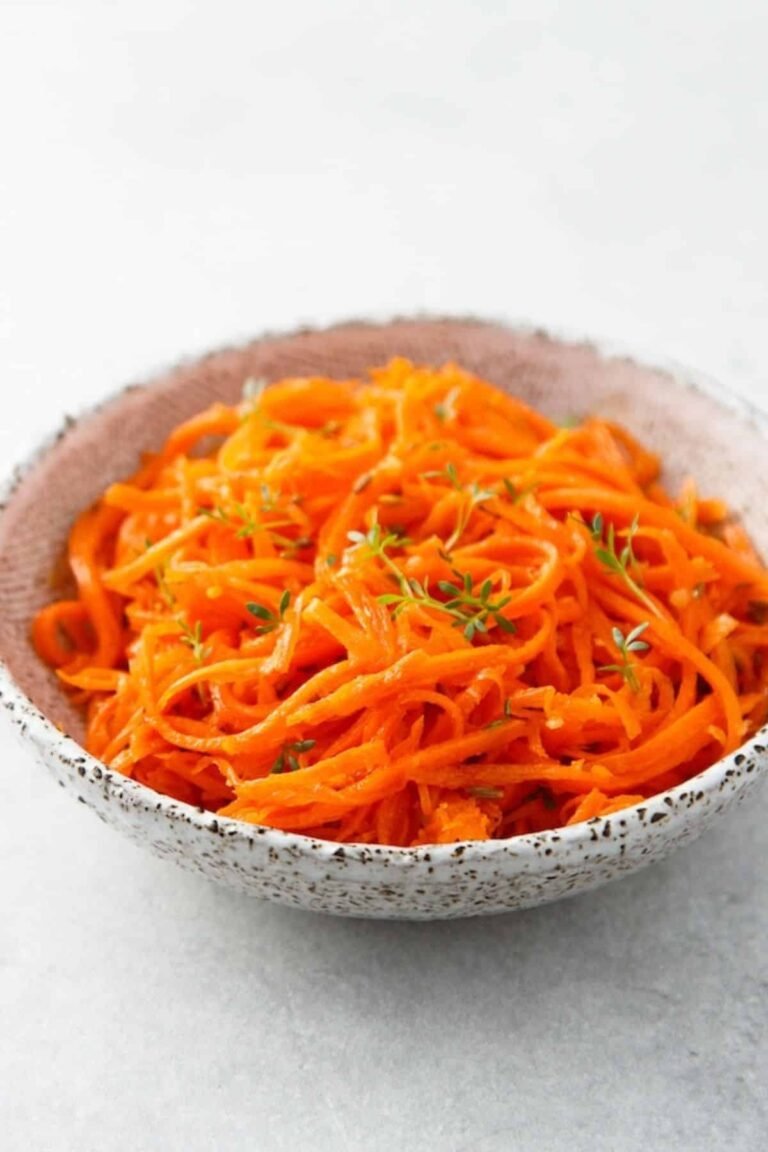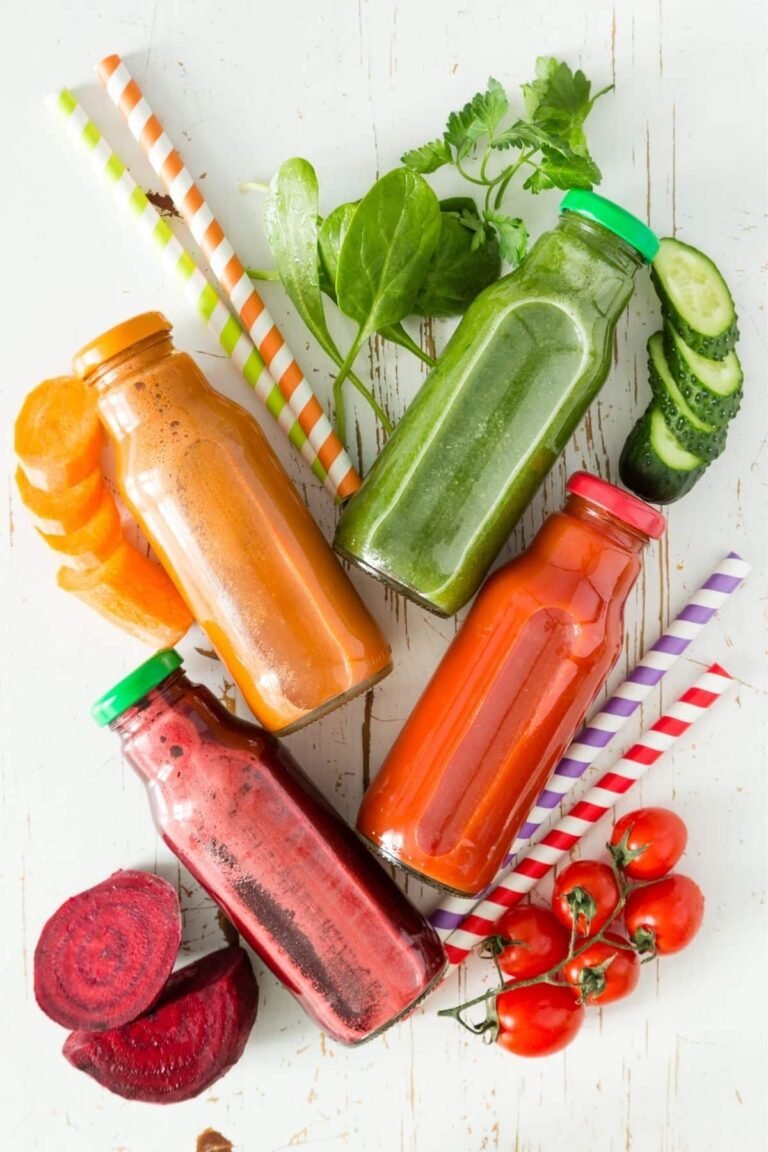7 Best Vitamins for Teenage Girl (What She Needs Daily)
In the whirlwind of teenage life, health often takes a back seat. But ensuring your teenage girl gets the right nutrients is crucial for her growth, energy, and overall well-being. Let’s break down the essentials in a way that’s easy to understand.
Start with Food
Before diving into vitamins, let’s talk about food. The ideal diet for teens involves mostly whole foods—think fruits, veggies, lean proteins, and whole grains. Unfortunately, reality often sees them reaching for ultra-processed snacks loaded with sugar, salt, and unhealthy fats.
Studies show that over two-thirds of teens’ calorie intake comes from these nutrient-poor options, setting them up for health issues down the road. But fear not, transitioning to healthier choices doesn’t mean sacrificing taste or convenience.
Foods to Include Daily for Teens
Aim for three balanced meals and a couple of snacks daily, focusing on fresh ingredients. Opt for cooking methods like baking, broiling, or steaming instead of frying. Appliances like the Instant Pot or air fryer can make nutritious cooking a breeze.
Best Vitamins for Teenage Girls
While a healthy diet lays the foundation, supplements can fill in the gaps. Here’s a breakdown of essential vitamins and minerals:
- Calcium (with vitamin K and D): Crucial for bone health, especially during teenage growth spurts. Look for supplements containing all three for optimal absorption.
- Vitamin D: Supports bone growth and immune function, particularly important for teens in areas with limited sunlight.
- Magnesium: Aids bone strength, heart rhythm, and reduces inflammation. Many teens don’t get enough from food alone.
- Methylated B Vitamins: Vital for energy, immune support, and healthy skin. Opt for methylated versions for better absorption.
- Iron: Essential for oxygen transport, especially important for teenage girls due to increased blood volume and menstruation.
- Fish Oil: Provides omega-3 fatty acids crucial for brain development and overall health, especially for non-fish eaters.
- Vitamins A and E: Support vision, immune function, and skin health. Ensure your teen gets enough through a balanced diet.
Conclusion
Teenage years are a critical time for growth and development, making proper nutrition essential. While food should be the primary source of nutrients, supplements can help bridge any gaps. Remember to consult with a doctor before starting any new supplements.
FAQs
1.Do teenagers need supplements if they eat a balanced diet?
Even with a healthy diet, some teens may still lack certain nutrients due to growth spurts, dietary preferences, or lifestyle factors.
2.Are there any risks associated with teen supplements?
While most supplements are safe when taken as directed, excessive doses can be harmful. Always follow dosage instructions and consult with a healthcare professional if unsure.
3.Can supplements replace a healthy diet?
Supplements should complement—not replace—a balanced diet. Whole foods provide a wide array of nutrients and benefits that supplements alone cannot replicate






